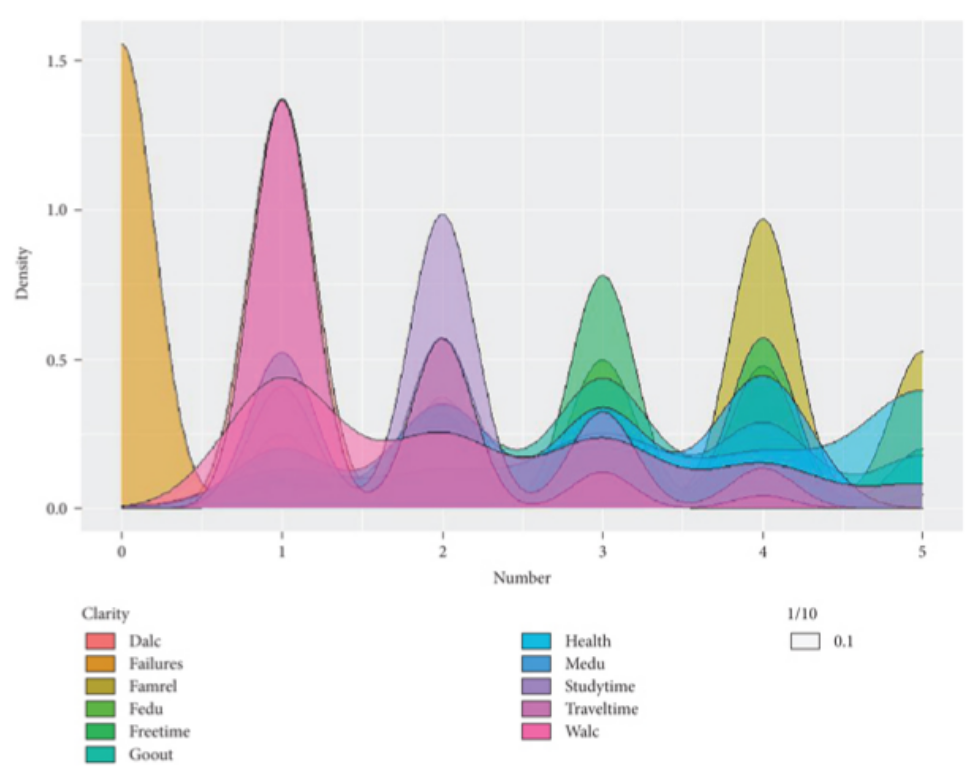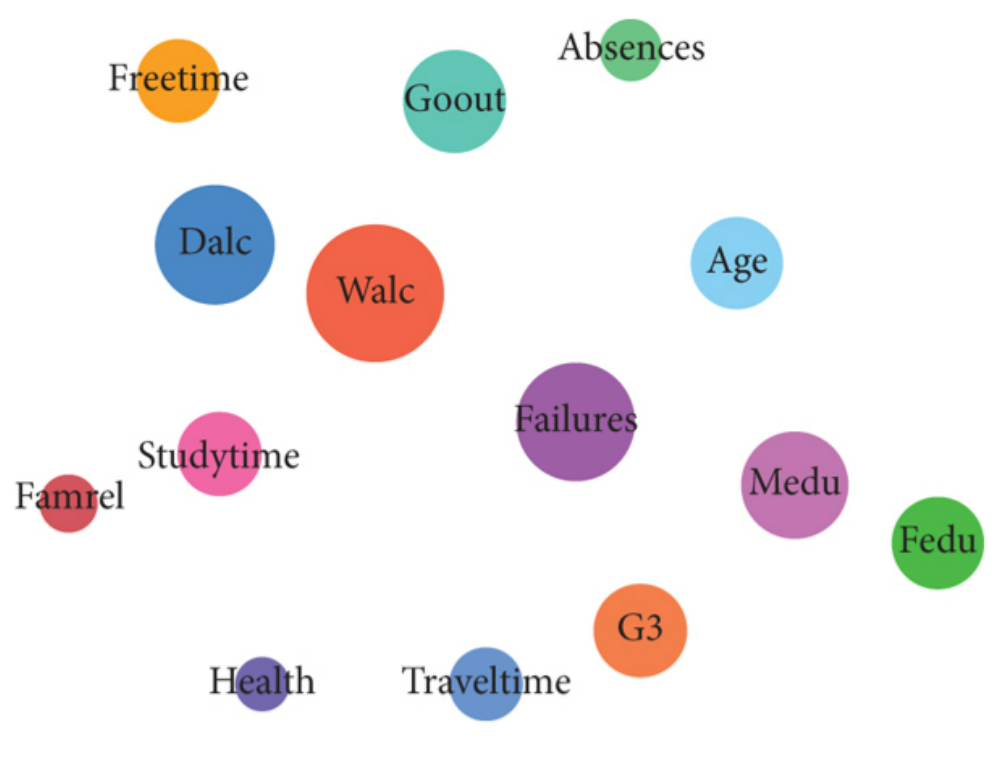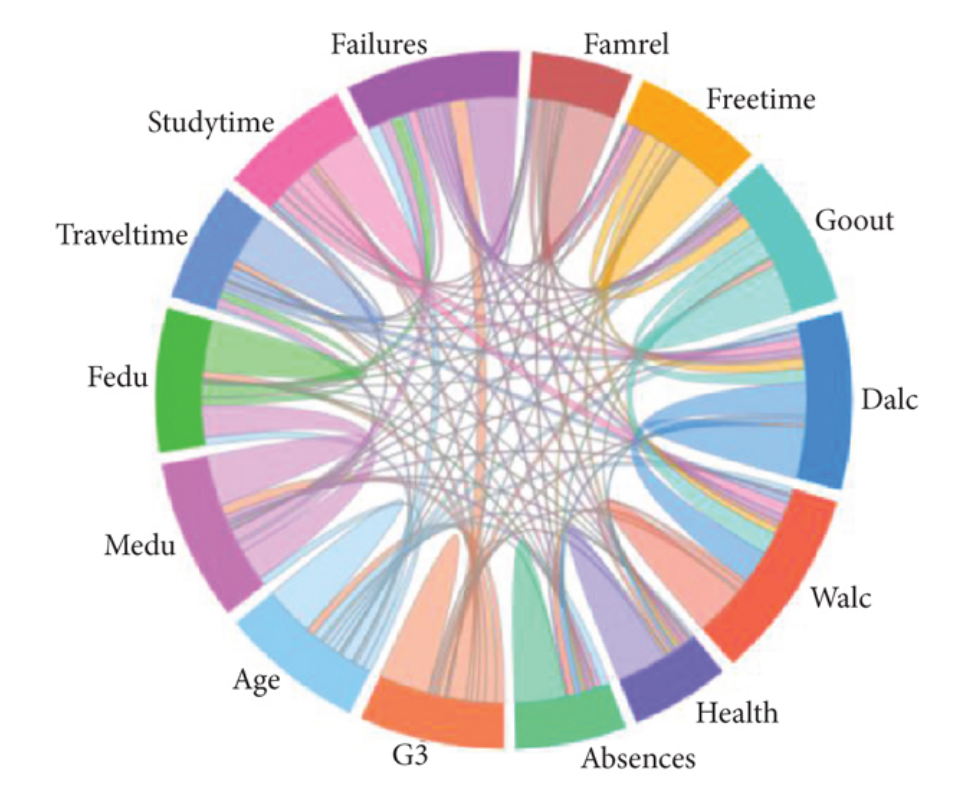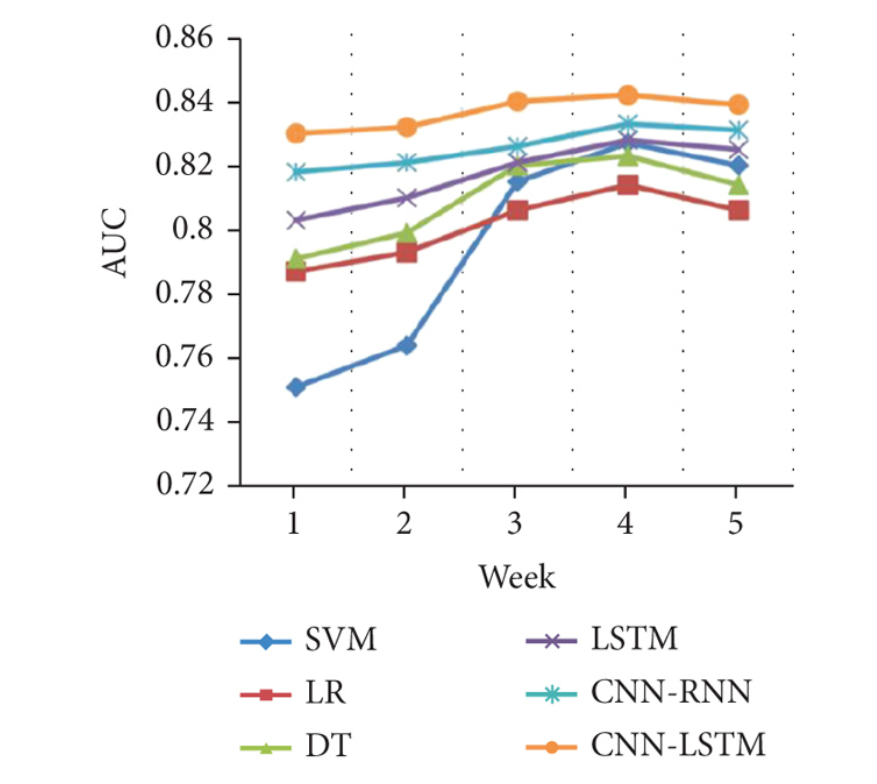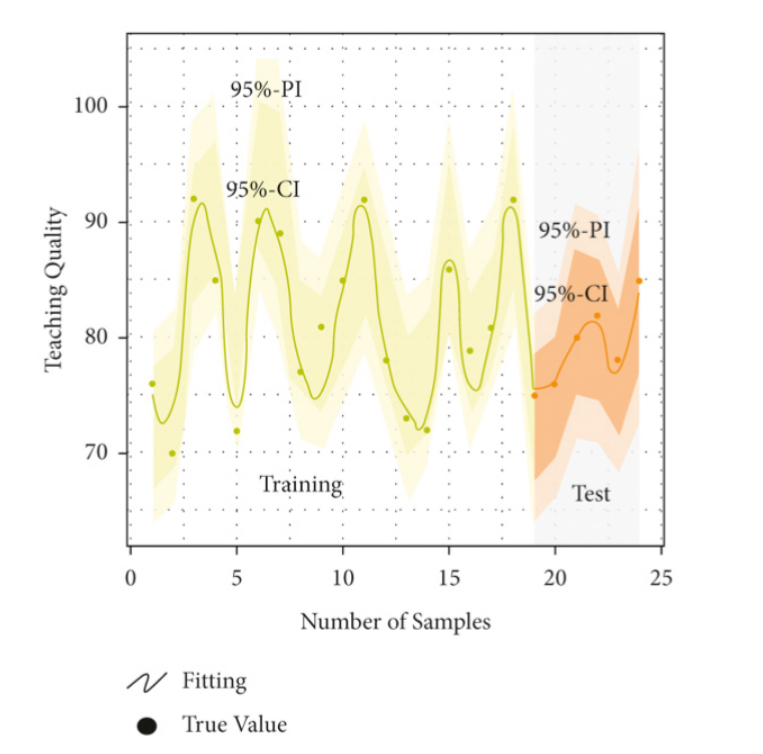 An open access journal
An open access journal
Learning Analytics for Early Intervention: Identifying At-risk Students
Abstract
Learning Analytics has emerged as a valuable tool in education, particularly in early intervention strategies for identifying at-risk students. This paper explores the significance of Learning Analytics in education, emphasizing its role in data-driven decision-making, early identification of struggling students, and personalized support. It delves into various aspects of Learning Analytics, including data collection, analysis techniques, and predictive modeling. The discussion includes the benefits of Learning Analytics, such as timely intervention, improved student outcomes, and enhanced educational efficiency. Moreover, the paper addresses the challenges and considerations in implementing Learning Analytics in educational institutions, including data privacy, ethical concerns, and the need for faculty training. Through a review of empirical studies and case examples, the study highlights the positive outcomes associated with effective Learning Analytics, including increased student retention, reduced dropout rates, and improved learning experiences. The conclusion offers recommendations for educators and institutions interested in adopting Learning Analytics, emphasizing the importance of ethical data usage, transparency, and ongoing assessment to ensure the success of early intervention strategies.
Share and Cite
Article Metrics
References
- Arnold, K. E., & Pistilli, M. D. (2012). Course signals at Purdue: Using learning analytics to increase student success. Proceedings of the 2nd International Conference on Learning Analytics and Knowledge, 267-270.
- Baker, R. S. (2016). Data mining for education. In International encyclopedia of the social & behavioral sciences (pp. 106-112). Elsevier.
- Campbell, J. P., DeBlois, P. B., & Oblinger, D. G. (2007). Academic analytics: A new tool for a new era. EDUCAUSE Review, 42(4), 40-57.
- Dawson, S., Gašević, D., Siemens, G., & Joksimović, S. (2014). Current state and future trends: A citation network analysis of the learning analytics field. Proceedings of the 4th International Conference on Learning Analytics and Knowledge, 231-240.
- Dringus, L. P., & Ellis, T. (2019). Predicting student success in a competency-based, online degree program. The Internet and Higher Education, 43, 100688.
- Goldstein, P. J., & Katz, R. N. (2005). Academic analytics: The uses of management information and technology in higher education. Educause Quarterly, 28(4), 14-27.
- Kizilcec, R. F., Piech, C., & Schneider, E. (2013). Deconstructing disengagement: Analyzing learner subpopulations in massive open online courses. Proceedings of the Third International Conference on Learning Analytics and Knowledge, 170-179.
- Long, P., Siemens, G., Gašević, D., & Dawson, S. (2017). Learning analytics and the measurement of learning outcomes. Journal of Learning Analytics, 4(3), 3-9.
- Siemens, G., & Gasevic, D. (2012). Guest editorial-Learning and knowledge analytics. Educational Technology & Society, 15(3), 1-2.

